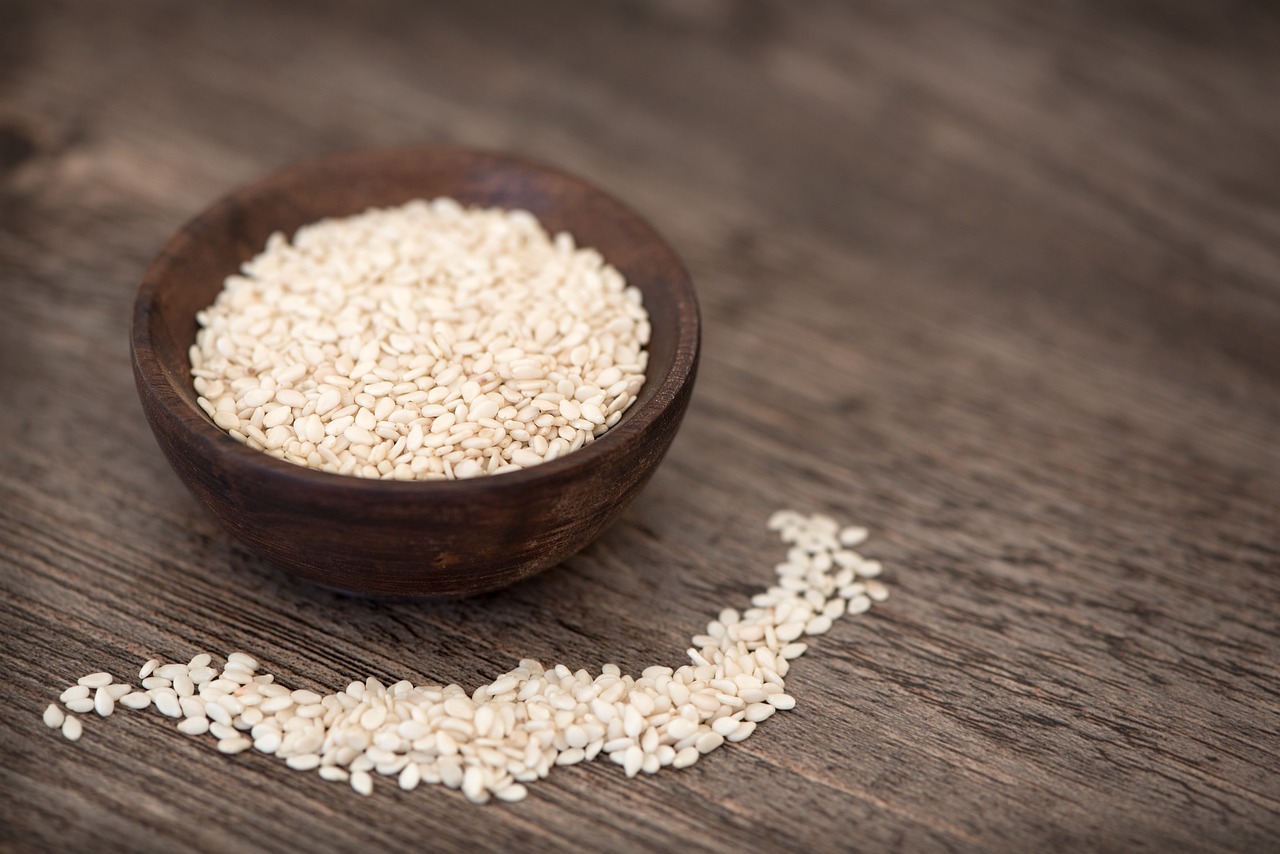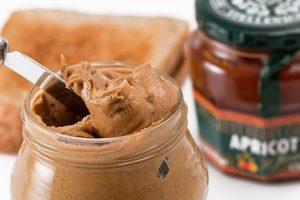
Calcium is essential for bone and teeth health, as it helps build and maintain strong bones, with 99% of the body’s calcium stored in them. As people age, bones may lose density, increasing the risk of fractures. Consuming enough calcium throughout life can slow down bone density loss and lower the risk of osteoporosis. Additionally, calcium is important for maintaining healthy teeth, helping to prevent cavities and gum disease. Calcium is essential for muscle contraction, as it is released when a nerve stimulates a muscle, enabling the muscle fibers to contract. It is vital for the nervous system’s functioning, aiding in the transmission of nerve impulses. Calcium also plays a crucial role in blood clotting by assisting in the formation of fibrin. It helps maintain the heart’s rhythm by regulating the contraction and relaxation of the heart muscle, ensuring effective blood pumping. Additionally, calcium may contribute to normal blood pressure levels by relaxing blood vessels. Some studies indicate that higher calcium intake might be linked to reduced fat storage and better body weight regulation, though further research is needed in this area. Furthermore, calcium is involved in hormone release, including insulin, which helps regulate blood sugar levels.
Calcium deficiency- Calcium deficiency is a major health concern for many of us. Whenever you are deficient in calcium for a long period, the body begins to extract calcium from the bones and the teeth, leading to lower back pain, pain in the neck, cracking sound in the joints, weak bones (easy fractures), teeth cavities, and tooth decay. You even feel tired after exerting little; white spots on the nails and the face appear, you are not able to maintain focus for a long time and you have trouble sleeping at night. If ignored, the body will continue to extract more calcium from the bones, and bones will become thinner and thinner, and problems like arthritis can develop. Our body gets deficient in calcium because of not having the calcium in our diet, the body is not able to absorb calcium properly due to weak digestion or medication and drinking too much tea or coffee or sugar foods.
4 calcium-rich vegetarian options-
- Sesame seeds (til)- 100 gms of sesame seeds have 975 mgms of calcium, making sesame seeds rich in calcium. Sesame seeds are also rich in magnesium, zinc, and manganese, which help in the easy absorption of calcium and also strengthen the bones. In winter, take sesame seeds with jaggery as a supplement for calcium say in the form of til gud ladoos and til gud chikkis. Jaggery is also rich in calcium. An active compound in sesame seeds called sesamin can effectively protect the cartilage, thus great for people having reduced greasing in their joints. In summer, sesame seeds ladoos should be consumed in moderation. You can add a spoonful of dry roasted sesame seeds powder in wheat flour, dalia, oatmeal, salads, and curries. Cold-pressed sesame seed oil can be used for cooking. If you massage your body with sesame seed oil and get exposed to sunlight, you get Vitamin D. This Vitamin D is important for the absorption of calcium in the body. Mushroom and A2 dairy products also contain Vitamin D.
- Horse gram (Kulthi) dal- This lentil is high in calcium content as compared to other lentils. 100 gms of kulthi dal has around 300 mgms of calcium. This kulthi dal is also a good source of calcium which helps in getting rid of kidney and gallbladder stones that may appear due to high calcium intake. This dal takes a little longer to cook.
- Ragi- 100 gms of ragi has around 330 mgms of calcium. Ragi is also in potassium, which controls blood pressure. Ragi is also rich in iron and helps to increase hemoglobin levels. You can have ragi in the form of rotis. To make ragi rotis, you need to mix ragi flour in hot boiling water and then knead the dough as you make normal rotis. You can also mix ragi flour in dosa and idli mix or make a ragi chilla or ragi malt.
- Amaranth (rajgira)- 100 gms of rajgira contains 340 mgms of calcium. It also has 9 essential amino acids and is gluten-free. You can make rajgira roti with potatoes or rajgira halwa. Lal saag are the leaves of rajgira seeds which can be consumed as sabzis.
Include these foods in your regular diet as vegetarian options to fulfill your calcium needs.
-Triparna






